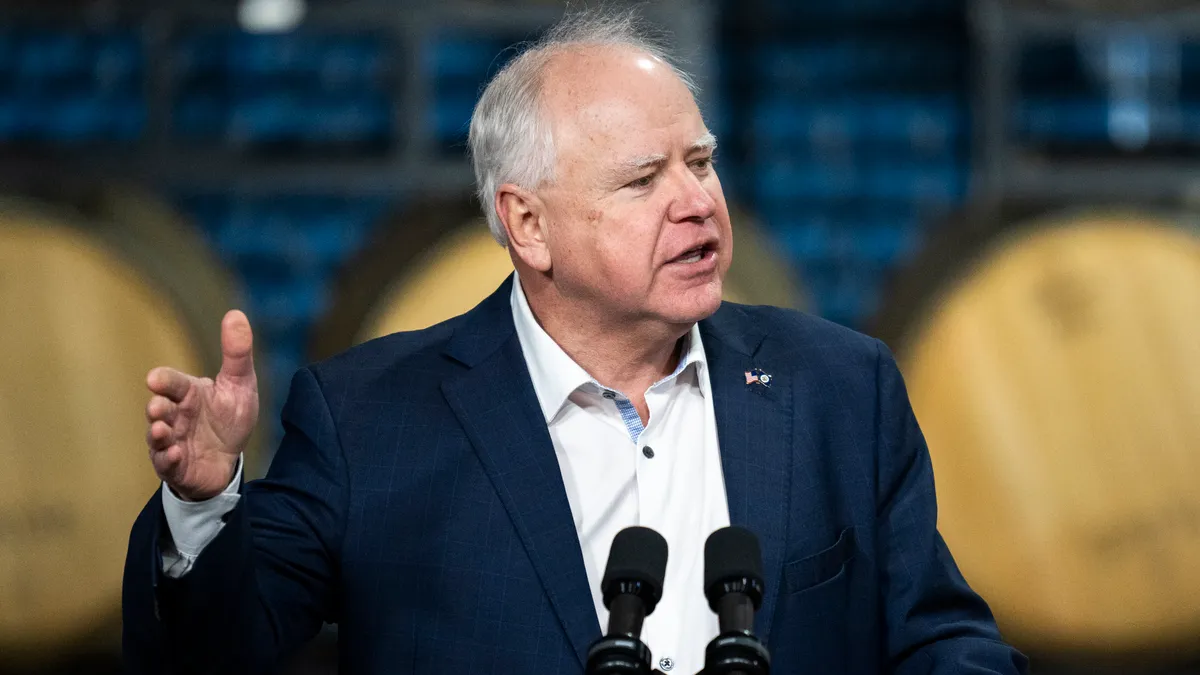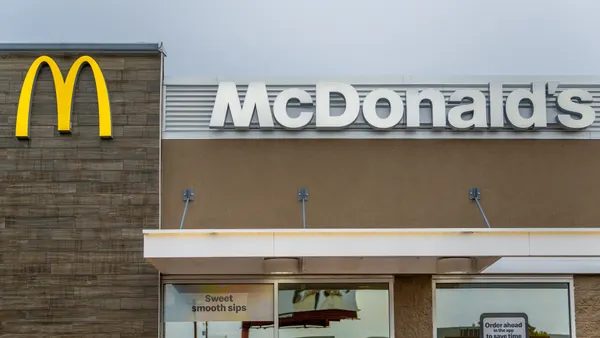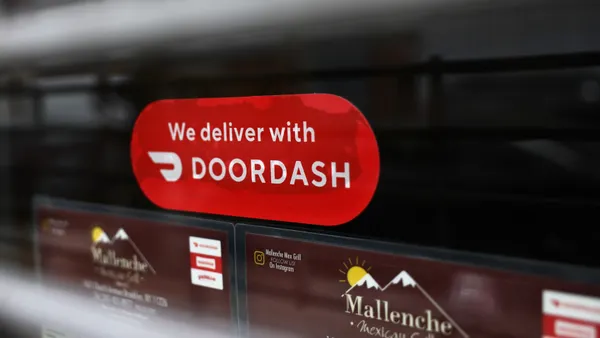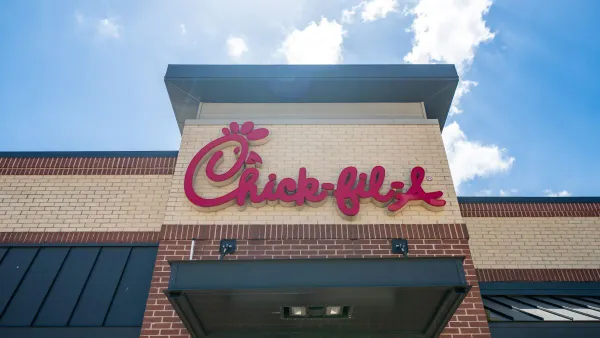Dive Brief:
- On May 20, Minnesota Gov. Tim Walz signed a bill requiring businesses to disclose mandatory consumer fees beginning Jan. 1, 2025.
- The law specifically requires delivery services to “display in a clear and conspicuous manner that an additional flat fee or percentage is charged. The disclosure must include the additional fee or percentage
amount.” - Restaurants, meanwhile, must ensure pricing information “includes a clear and conspicuous disclosure of the percentage of any automatic and mandatory gratuities charged.”
Dive Insight:
Restaurants must also disclose mandatory fees in all advertising, according to the law. As delivery firms use fees to pass the cost of their operations on to consumers and restaurants use service fees to offset labor costs without having to distribute tips directly to workers, regulatory scrutiny of the fees has increased. Minnesota, notably, eliminated the tip credit 40 years ago.
The law is similar to one passed in California, set to take effect this summer, which requires the disclosure of mandatory fees in pricing.
Neither the California nor the Minnesota laws ban businesses from implementing fees outright. But price transparency is likely to push firms to raise prices directly rather than implement fees. Other authorities are also pursuing more aggressive regulation of junk fees; Los Angeles County sued Grubhub over its fees earlier this year, while the Federal Trade Commission is in the process of issuing a rule restricting the use of junk fees, including by delivery services.
According to the press release issued by Walz’ office, fees covered by the law “cost the average Minnesota family more than $3,000 per year.” Hospitality Minnesota, one of the state’s hotel and restaurant trade associations, did not immediately respond to a request for comment on Walz’s signature of the law.














